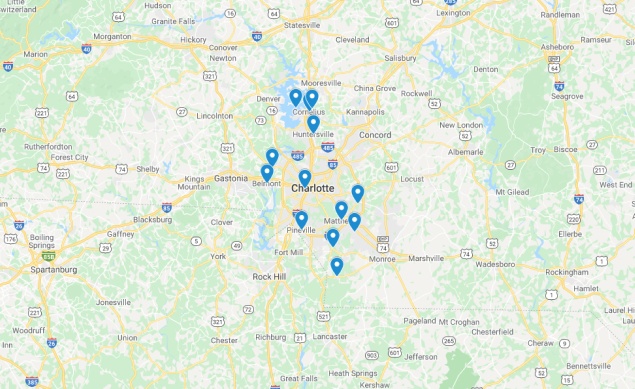Most callers seeking legal services want to hear more than just a friendly and supportive voice at the other end of the line, although that’s a great place to start.
Also make sure the front-end person listens well to the caller’s situation, informs them of what services your law firm provides, offers general information about current criminal or civil law, and then invites them to take the next step, such as making an appointment and collecting their information for a follow-up.
Quickly making callers feel comfortable gets them ready to say, “let’s do it.” Not doing so could lead them to call someone else.
This evaluation can take place in seconds, often subconsciously. That’s why law firms serious about bringing in new clients should focus on “the buyer’s journey.”
Knowing how to move a legal lead smoothly and confidently through the journey from first contact (awareness) to an actual contract (decision) is vital, whether it’s your staff or legal intake specialists. Here’s how to make it all work.
AWARENESS
“Awareness” is when potential leads identify the challenges or obstacles they want to solve.
As leads move through the awareness stage, they seek information that will help them understand the nature of their problem as well as the universe of potential solutions.
As leads research, they take note of which law firms provide authoritative and trustworthy information. While they may not immediately make a call, they have been exposed to a potential solution.
Usually, people only contact law firms when they are in the middle of a crisis. In this situation, they may move from the “awareness” to the “consideration” stage at a moment’s notice. Time pressure means that the response must be immediate.
If a worse law firm answers the phone first, that law firm is much more likely to convert the lead than an excellent law firm with a voicemail answering service.
CONSIDERATION
During the consideration stage, potential leads evaluate the solutions they have discovered in the awareness stage. They compare answers on search engines, social media, review sites, web pages, or word of mouth referrals.
Leads will reach out to law firms at this stage. Research shows that the phone must be answered live within five minutes to optimize lead conversions. If asked to wait, leads will simply call the next law firm they are considering.
Not responding quickly means lost leads. That has significant ROI implications. Specifically, the marketing budget spent acquiring the lead is wasted.
Even law firms that answer promptly will become inefficient if too many leads call at once. That is why law firms with substantial marketing plans partner with legal call centers that can handle call overflow.
While some firms prefer to hire a dedicated, in-house intake specialist, these firms still lose out on leads that call after work hours or on weekends. Legal intake specialists hired and trained by legal call centers like Alert can single-handedly perform intake, convert leads, schedule appointments, and get contracts signed.
DECISION
The first impression a law firm makes could make or break a client relationship.
Whoever answers the phone must have the proper training. Beyond understanding legal terminology, legal intake specialists must be trained in empathy, how to have the right tone, and how to control calls so all necessary information is collected.
While some lawyers are excellent at intake, the opportunity cost from wasted billable hours makes the task too expensive for someone with a law degree to do.
The goal of legal intake specialists, at the decision stage, is to stop the lead’s “shopping process” and get leads to sign a contract on the initial call. This occurs once the legal intake specialist has finished evaluating the potential client using customized intake questions.
The decision stage may take multiple touchpoints (interactions between the law firm and lead). A lead should not be forgotten because he or she did not convert on the first call.
The only way to stop leads from slipping through the cracks is with a lead tracking system integrated into the firm’s CRM/CMS. Best-in-class legal call centers can handle CRM/CMS integration regardless of the software the law firm uses.
If the first call does not result in a conversion, then lead tracking will indicate that follow-up by the legal call center is needed.
Alert ’ legal intake specialists are trained to take leads through the decision stage of the buyer’s journey. That involves:
- Picking up the phone before the third ring
- Responding to all inquiries with an outbound call within five minutes
- Showing compassion and empathy
- Following up is needed.
- Warm transfer of calls to law firms
- Handling call overflow
As the volume of leads increases, more in-house legal intake specialists will need to be hired full time. The strategy is unscalable if done in-house. A legal call center’s economies of scale allow them to handle calls 24/7/365.
In-house legal intake specialists can handle a certain volume of calls, but after that point, they are overwhelmed. This creates a ceiling for how many leads per day can be converted. Most legal call centers have enough representatives to handle any volume of leads. The “ceiling” disappears without hiring any more full-time employees.
Not all legal call centers provide all the services listed above or have ongoing, robust training programs for their employees. Only choose a legal call center like Alert that can support the entire buyer’s journey from contact to contract.





